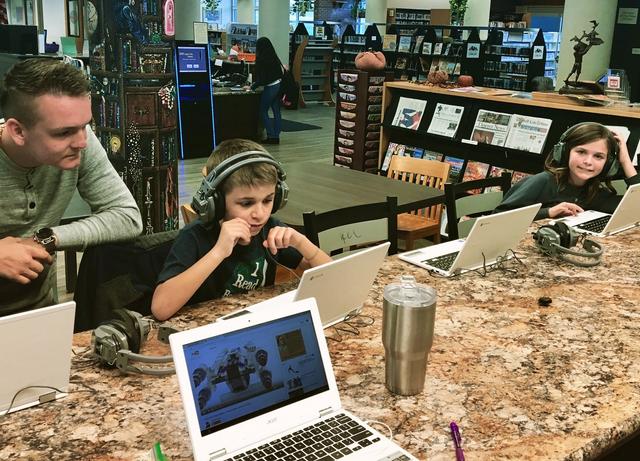Coding Articles
Coding For Kids In The UK
Coding for Kids in the UK has evolved significantly since the 1950s, transforming into a key component of the educational framework. The discipline initially took off in the late 1990s and early 2000s, gaining momentum as the digital era flourished. recognising the critical importance of coding skills in the digital age, the UK Government has been proactive in embedding digital literacy into the education system.
One of the pivotal moments in promoting coding among youth was the introduction of the Computing Curriculum in 2014, making coding a mandatory subject in schools across the UK. This initiative reflects a national commitment to preparing children for a future where digital skills are paramount. Since then, learning coding has become commonplace, with children as young as five being introduced to the basics of programming.
As coding education has become more accessible, various platforms and resources have developed, offering children numerous opportunities to learn and master coding skills. These include school-based programmes, online platforms, and community coding clubs, each providing valuable experiences that cater to different learning preferences and paces.
Today, coding is not just about understanding computers but is seen as a vital skill that equips children with the ability to solve complex problems, design innovative solutions, and navigate the digital world with confidence. As the UK continues to enhance its coding education, the aim is to nurture a generation that is not only proficient in digital skills but also equipped to contribute creatively and meaningly in the tech-driven future.
The Benefits of Coding
Participating in coding activities offers several health benefits for children. It enhances their problem-solving abilities by requiring them to dissect complex issues into simpler, manageable parts, which fosters critical thinking. Additionally, coding motivates children to be creative as they design their own games, apps, and websites, nurturing their innovative skills. Logical thinking is another skill that sees significant development through coding; children learn to approach problems methodically, improving their reasoning abilities.
Moreover, coding helps in building perseverance in young learners. The challenges and stumbling blocks they overcome while coding teach them resilience, a trait that benefits their mental health and academic persistence. Through this process, they also enhance cognitive functions such as memory, focus, and processing speed, contributing to overall cognitive development. These benefits not only help in academic success but are also vital in day-to-day life, making coding a highly beneficial activity for children's mental and cognitive health.
FAQs
Q1: At what age can children start learning to code in the UK?
A1: Children can begin learning coding concepts from the age of five as per the UK Computing Curriculum. Additionally, there are many resources available for younger children to get started with coding in a fun and engaging way.
Q2: What are the initial programming languages recommended for kids in the UK?
A2: For beginners, Scratch, Python, and HTML/CSS are highly recommended due to their straightforward syntax and engaging learning environment. These languages serve as a solid foundation for understanding basic and advanced coding principles.
Q3: Where can children participate in coding activities in the UK?
A3: In the UK, children have multiple avenues to learn coding including formal education in schools, after-school coding clubs, various online platforms offering courses, and holiday coding camps. These resources are designed to make learning coding accessible and enjoyable.
Q4: Are there any potential risks for children who learn to code?
A4: The primary risks involve exposure to inappropriate content online or excessive screen time. However, these risks can be effectively managed by parental oversight, choosing reputable learning platforms, and setting reasonable limits on screen time.
Q5: What are the long-term benefits of children learning to code?
A5: Coding not only opens up numerous career pathways in fields like software development, web design, and cybersecurity but also enhances cognitive skills such as problem-solving, logical thinking, and creativity. These skills are valuable in virtually any career and everyday life scenarios.









